In a powerful display of courage and resilience, hundreds of victims of Japan’s Eugenic Protection Law have come forward to share their stories of forced sterilisation and mutilation without consent. The law, which was enacted in 1948 and remained in effect until 1996, allowed authorities to forcibly sterilize people deemed “unfit” to reproduce, including those with disabilities, mental health conditions, and other perceived “defects.”
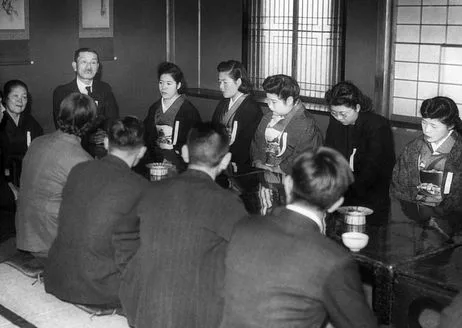
A Legacy of Trauma and Silence
For decades, the victims of this law suffered in silence, their experiences shrouded in secrecy and shame. Many were told that their surgeries were necessary for their health, only to discover later that they had been sterilized without their knowledge or consent. The trauma inflicted by these forced procedures has had a lasting impact on the lives of the victims, affecting their relationships, self-esteem, and overall well-being.
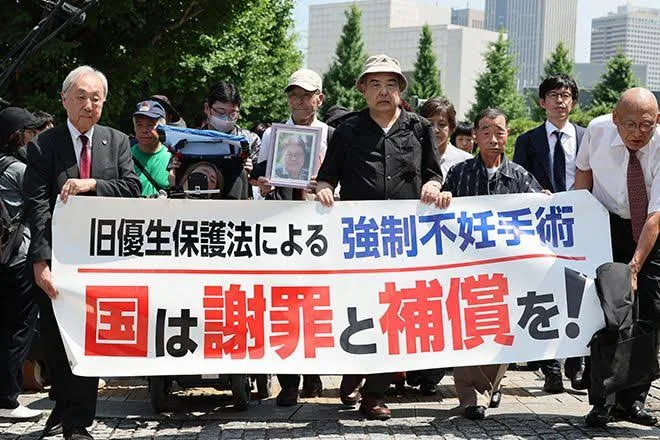
Seeking Justice and Accountability
In recent years, victims of the Eugenic Protection Law have begun to seek justice and accountability for the atrocities they suffered. In 2019, a group of victims filed a lawsuit against the Japanese government, seeking compensation and an official apology. The plaintiffs have bravely shared their stories, highlighting the need for acknowledgment and redress.
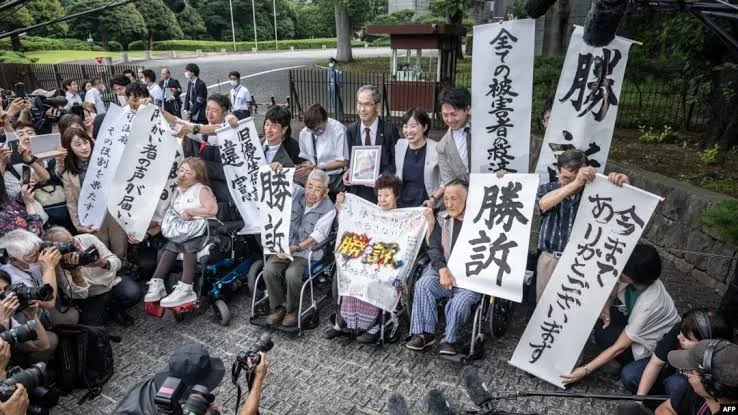
A Platform for the Voiceless
The victims’ testimonies have provided a platform for the voiceless, shedding light on a dark chapter in Japan’s history. Their stories serve as a powerful reminder of the dangers of eugenic ideology and the importance of protecting human rights. By sharing their experiences, the victims hope to prevent similar atrocities from occurring in the future.
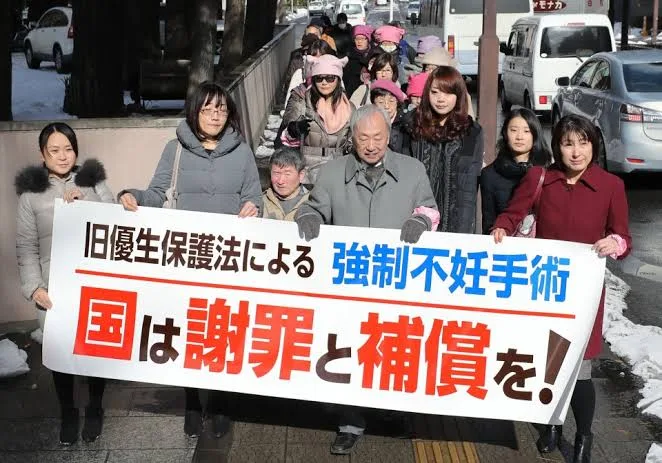
The Human Cost of Eugenics
One victim, who was sterilized at the age of 15, described the procedure as a “violation of her human rights.” Another victim, who was forced to undergo a hysterectomy, spoke of the emotional pain and sense of loss that still lingers decades later. These personal accounts humanize the statistics, underscoring the devastating impact of eugenic policies on individuals and communities.
A Call to Action
The victims’ stories are a call to action, urging the Japanese government and the international community to confront the legacy of eugenics and work towards a more inclusive and equitable society. By acknowledging the past and taking steps to prevent similar human rights abuses, we can create a brighter future for all.
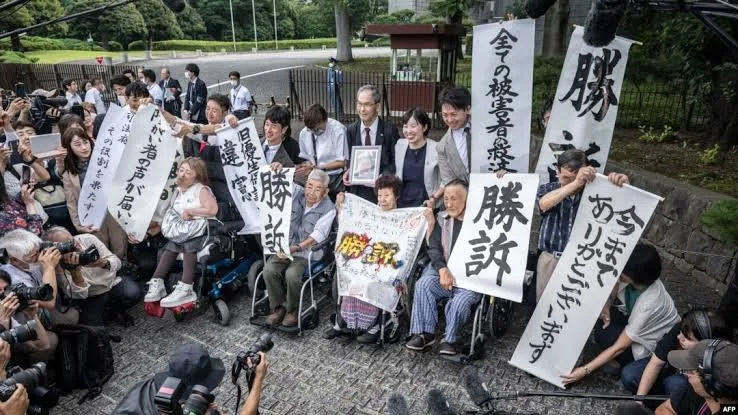
Moving Forward
As the victims continue to seek justice and healing, their stories serve as a testament to the power of resilience and the importance of human rights advocacy. Their courage and determination inspire us to work towards a world where every individual is valued, respected, and protected from the dangers of eugenic ideology.
